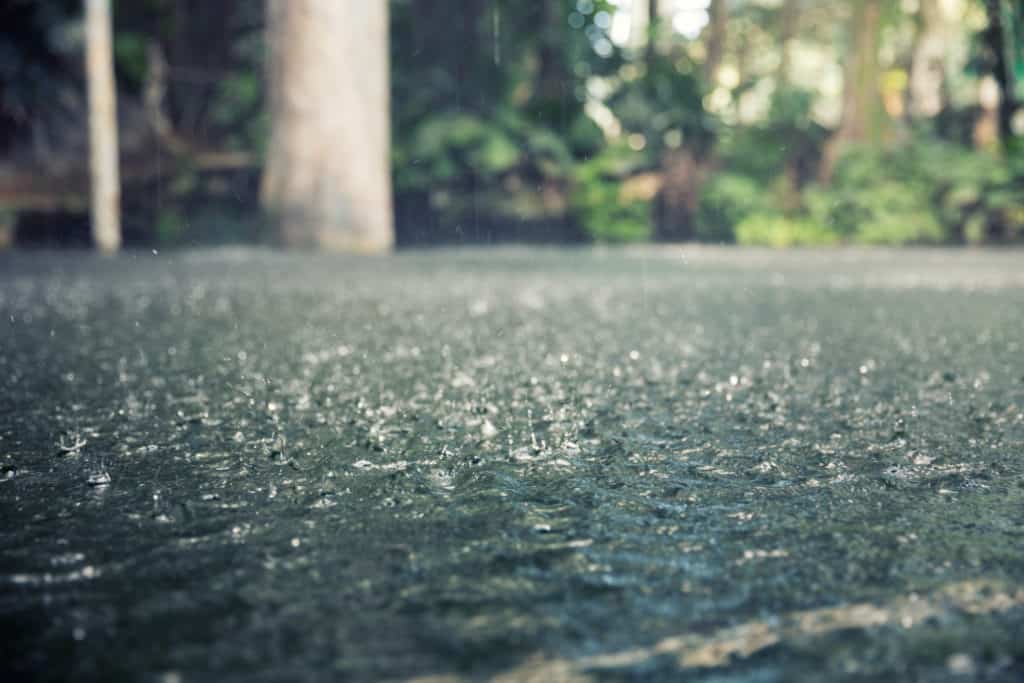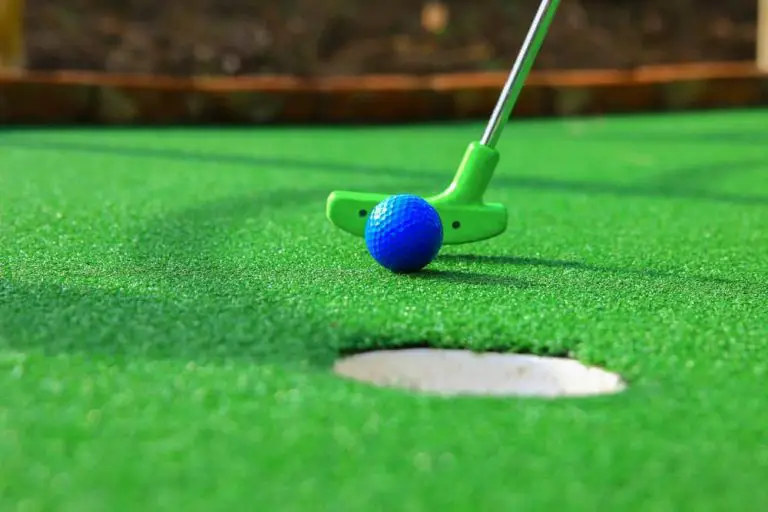Can Golf Cart Batteries Get Wet
Golf carts have become a popular mode of transportation in a variety of settings, from golf courses to retirement communities and beyond. With the rise of electric golf carts, there are concerns about what happens when a golf cart battery gets wet. Can golf cart batteries get wet, and if so, what are the potential consequences? This is a question that many golf cart owners may have, and it’s important to understand the factors that can determine whether a battery can withstand exposure to water.
In this article, we’ll explore the topic of whether golf cart batteries can get wet. We’ll take a look at the anatomy of a golf cart battery, the factors that can determine whether a battery can withstand exposure to water, and the potential consequences of water damage to a golf cart battery. We’ll also discuss preventative measures that can be taken to protect golf cart batteries from exposure to water and what to do if a golf cart battery does get wet. By understanding the potential risks and taking appropriate precautions, golf cart owners can ensure that their batteries last for as long as possible and provide reliable performance.

Anatomy of a Golf Cart Battery
Before we dive into whether golf cart batteries can get wet, let’s take a quick look at the anatomy of a battery. A typical golf cart battery consists of six cells, each containing lead plates and an electrolyte solution of sulfuric acid and water. The cells are connected in series to produce the voltage required to power the golf cart. The battery is enclosed in a plastic casing that protects the cells from damage and helps to keep the electrolyte solution contained.
Can Golf Cart Batteries Get Wet?
The short answer is yes, golf cart batteries can get wet. However, the extent of the damage depends on several factors. One of the most important factors is the type of battery. Flooded lead-acid batteries are the most common type used in golf carts, and they can withstand exposure to water to some extent. However, sealed lead-acid batteries and lithium-ion batteries are more sensitive to water and should be kept dry.
Another factor is the battery’s casing and seal. If the casing and seal are intact, the battery can withstand some exposure to water. However, if the casing is damaged or the seal is compromised, water can seep into the battery and cause damage.
The amount of exposure to water is also important. A brief exposure to rain or splashing water may not cause significant damage. However, prolonged exposure to water, such as in the case of flooding, can cause serious damage to the battery.
Finally, the type of water is also a factor. Freshwater is less damaging to batteries than saltwater, which can cause corrosion and other damage.
Effects of Water on Golf Cart Batteries
When a golf cart battery gets wet, it can have both short-term and long-term effects. In the short term, water can cause the battery to short-circuit, which can result in reduced performance and a shorter lifespan. In extreme cases, water can cause the battery to explode or catch fire, creating a safety hazard.
In the long term, exposure to water can cause corrosion to the battery’s terminals and lead plates, which can reduce the battery’s capacity and overall lifespan. Corrosion can also cause the battery to leak, which can damage the surrounding components of the golf cart.
How to Prevent Golf Cart Batteries from Getting Wet
The best way to prevent golf cart batteries from getting wet is through regular maintenance and proper storage. Golf cart batteries should be checked regularly for any signs of damage, such as cracks in the casing or corroded terminals. If any damage is detected, the battery should be replaced immediately.
Proper storage is also important. If the golf cart is not in use, the battery should be removed and stored in a dry, cool place. A waterproof cover can also be used to protect the battery from exposure to rain or other sources of water.
What to Do If a Golf Cart Battery Gets Wet
If a golf cart battery does get wet, it’s important to take immediate action to prevent further damage. The first step is to disconnect the battery from the cart. The battery should then be removed and dried as soon as possible using a soft, absorbent cloth. Any visible signs of damage should be noted and reported to a professional.
After the battery has been dried, it should be inspected for any signs of damage. The terminals and lead plates should be inspected for corrosion or other damage. If any damage is found, the battery may need to be replaced.
It’s important to note that attempting to use a wet battery can be dangerous and should be avoided. Wet batteries can short-circuit, causing damage to the battery and creating a safety hazard.
Importance of Professional Inspection
If a golf cart battery has been exposed to water, it’s important to have it inspected by a professional. A professional can identify any damage that may not be visible to the naked eye and determine if the battery needs to be replaced.
Regular inspections by a professional can also help to prevent damage from occurring in the first place. A professional can identify any potential issues and recommend the appropriate maintenance and care to keep the battery in good condition.
Conclusion
In conclusion, golf cart batteries can get wet, and exposure to water can cause serious damage to the battery. To prevent water damage, golf cart batteries should be properly maintained and stored, and any damage should be addressed immediately. If a golf cart battery does get wet, it’s important to take immediate action to prevent further damage and have it inspected by a professional. By taking the appropriate precautions and care, golf cart owners can ensure that their batteries last for as long as possible and provide reliable performance.





